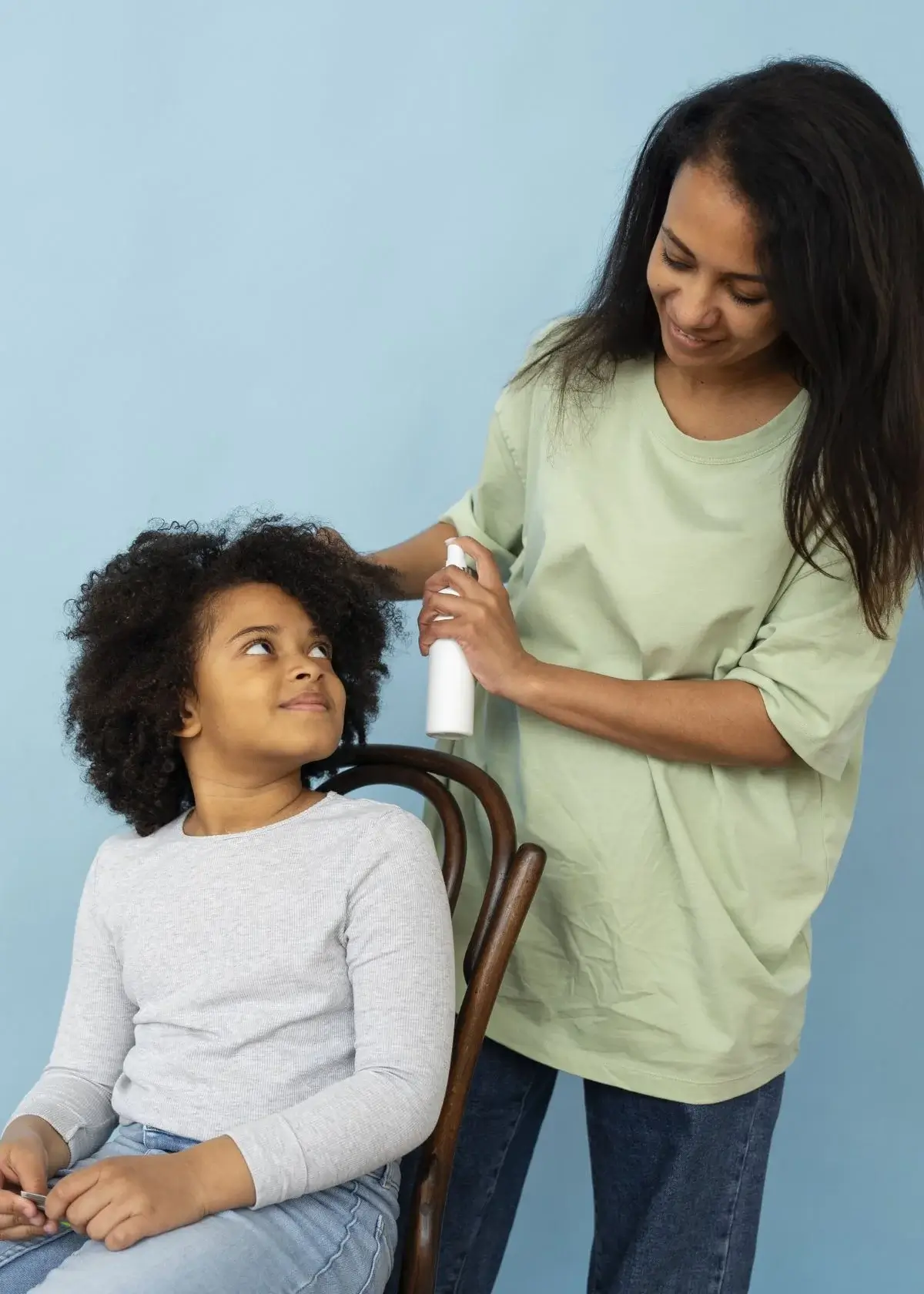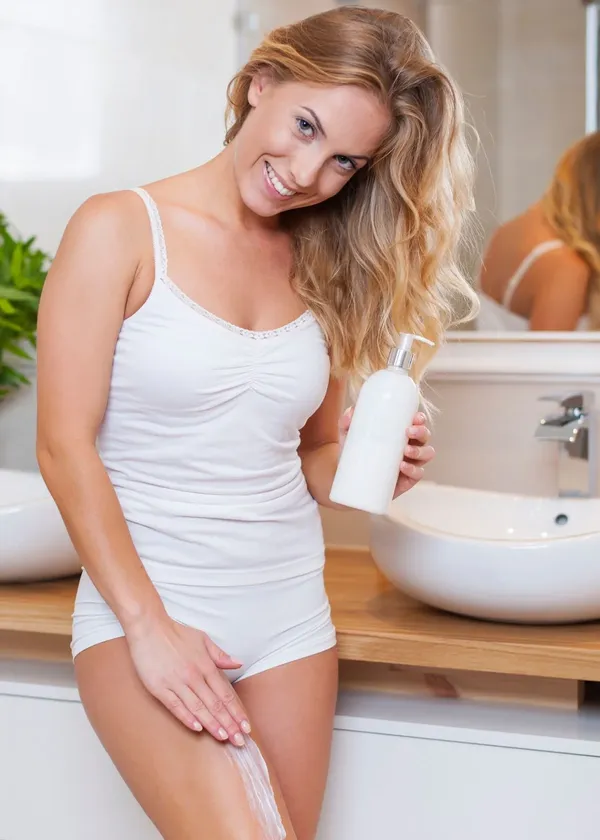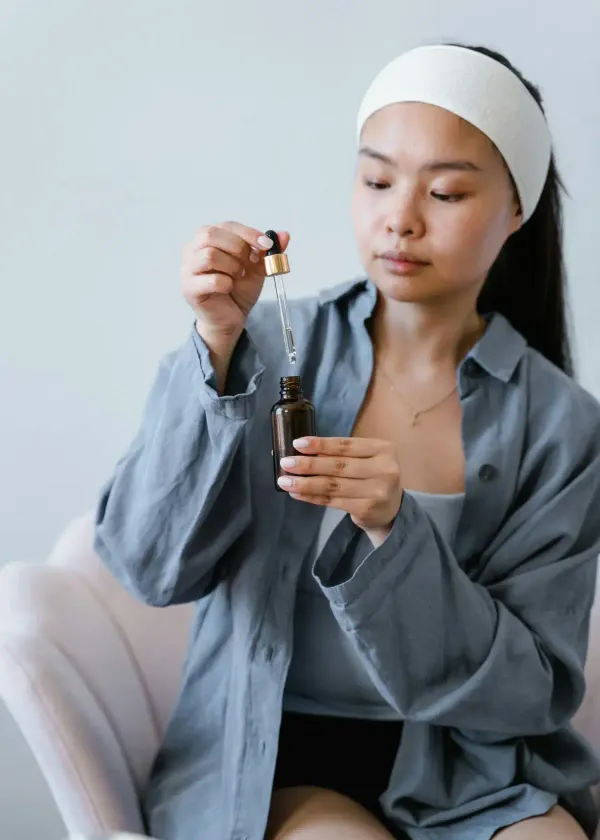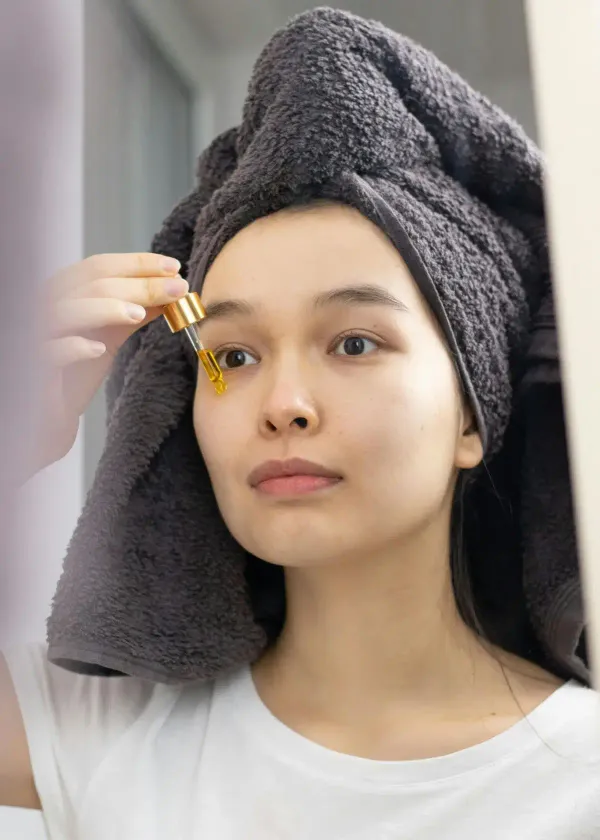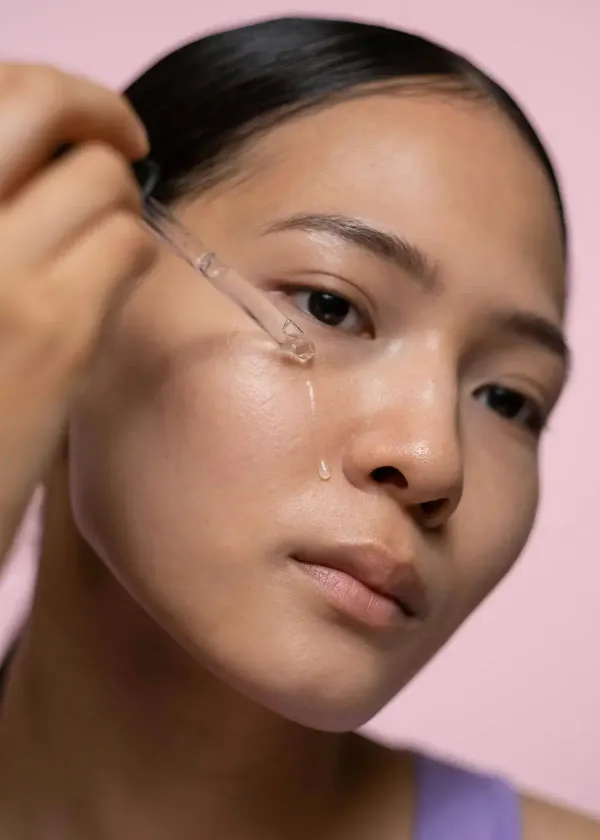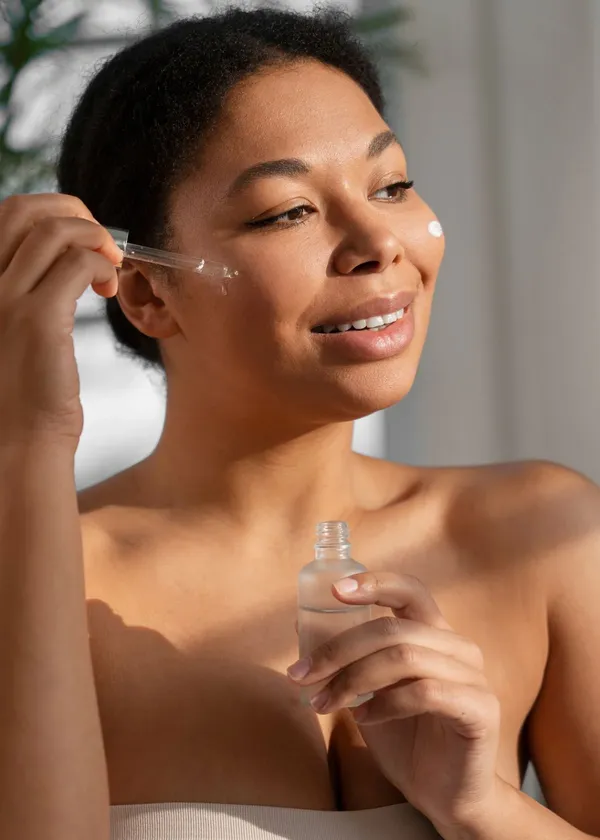Dealing with lice infestation can be a daunting task. Even the thought of tiny insects feeding on your scalp can make you itch. But, currently, many OTC (over-the-counter) and prescription shampoo options are available in the market, making the task of eliminating lice a lot easier. However, choosing the right one from many options can be overwhelming. In this blog, we will discuss choosing the right lice-killing shampoo that is both effective and safe.
Look for an Active Ingredient
The effectiveness of the lice-killing shampoo depends on the active ingredients in the product. Most lice-killing shampoos come with either permethrin or pyrethrin as a primary active ingredient. Permethrin is a synthetic insecticide that is effective against lice, while pyrethrin is a natural insecticide obtained from chrysanthemum flowers. Both are effective, but some recent studies suggest that some strains of lice are becoming resistant to permethrin. In such cases, pyrethrin-based shampoos can be preferred.
Avoid Harsh Chemicals
Lice infestation, although joint, can lead to scalp irritation. Hence, a lice-killing shampoo containing harsh chemicals can worsen matters. When picking up a lice-killing shampoo, avoid harsh chemicals such as sulfates, parabens, and phthalates, as they can irritate the scalp and cause skin inflammation. Look for shampoos containing all-natural ingredients, such as essential oils with antimicrobial and anti-inflammatory effects.
Check if it’s Suitable for Your Hair Type
Shampoos are designed explicitly for different hair types. Some shampoos may be too harsh for dry, chemically treated, or colored hair types, while others may be ineffective for oily hair types. Opting for a shampoo explicitly designed for your hair type is best. Besides, make sure to read the label and instructions carefully before purchasing the shampoo to avoid any confusion.
Consult with Your Doctor
There may be situations when OTC lice-killing shampoos do not work due to lice resistance or underlying scalp conditions. In such cases, it is advised to consult with your doctor. They can prescribe prescription lice treatments, which are usually more potent and effective in treating lice infestations. Prescription treatments may contain active ingredients such as malathion, benzyl alcohol, or spinosad. These treatments are more potent and available only if prescribed by a doctor.
Check for Reusability
Not all lice-killing shampoos are reusable, so checking if they are before purchasing them is better. Some shampoos require multiple treatments and are designed to be used 7-10 days after the first application. It is crucial to choose a shampoo that can be reused, if required, to complete the lice eradication process.
Choosing the right lice-killing shampoo can be overwhelming, but keeping these factors in mind can help you find an effective and safe solution to your lice-related problem. Always look for an active ingredient, avoid harsh chemicals, check for suitability for your hair type, consult your doctor if required, and check if the shampoo is reusable. With this information, you can make a well-informed decision and eliminate those pesky lice.
Dealing with a lice infestation is never easy, but finding the right shampoo can make all the difference. That's why we've researched and found the best lice-killing shampoo on the market. No more sifting through endless options or settling for something that doesn't work. We've got you covered. Follow the link to discover your new favorite lice-killing shampoo and say goodbye to those pesky little critters for good. With our selection, you'll not only get the job done, but you'll feel confident and refreshed, too. So what are you waiting for? Click the link and let us take care of the rest!
What are the typical ingredients in lice-killing shampoos?
Lice-killing shampoos typically contain specialized active ingredients, with pyrethrin or permethrin being common choices. These active agents are meticulously chosen for their ability to paralyze and ultimately eliminate lice upon contact. Along with these active components, lice-killing shampoos often incorporate inert ingredients such as water, which form the shampoo's base and facilitate application. Moreover, some formulations may include natural oils like coconut or tea tree oil. These oils serve a dual purpose, suffocating lice while offering soothing benefits for the scalp. This precise combination of ingredients ensures the comprehensive eradication of live lice and their tenacious eggs, commonly called nits.

What is the difference between lice-killing shampoos and regular shampoos?
Lice-killing shampoos are meticulously crafted to address lice infestations, setting them apart from standard, everyday shampoos. The primary distinction lies in their active ingredients. Lice shampoos contain specific chemicals like pyrethrin or permethrin, which are explicitly designed to combat lice and nits, a feature regular shampoos lack. It's essential to understand that lice-killing shampoos are not intended for daily or routine use. Instead, they serve a highly targeted purpose in treating infestations, whereas regular shampoos primarily focus on cleansing and maintaining hair health.

What should I look for in the best lice-killing shampoo?
Several pivotal factors warrant consideration when searching for the most effective lice-killing shampoo:
- Ensure the product incorporates FDA-approved active ingredients, ensuring safety and efficacy in the battle against lice.
- Consider whether the shampoo aligns with your hair type, as formulations cater to various textures. Opting for a product that includes a nit-comb in the package is also advantageous, as it significantly aids in the meticulous removal of lice and nits, enhancing the overall effectiveness of the treatment.
- Consider your personal preferences and sensitivities, such as any allergies or concerns regarding chemical ingredients, to prioritize your comfort and well-being throughout the treatment process.

How long should I leave lice-killing shampoo on my hair?
To ensure the comprehensive elimination of lice and nits, adhering rigorously to the duration specified in the product's instructions is generally advisable. These instructions typically recommend leaving the lice-killing shampoo on your hair for 10 to 15 minutes. This prescribed timeframe is essential to provide the active ingredients with ample time to work effectively, ensuring the thorough eradication of the infestation. It is crucial to meticulously follow these instructions to maximize the efficacy of the treatment and minimize the risk of residual lice or nits.

How often should I wash my hair with lice-killing shampoo during an infestation?
When confronting a lice infestation, the frequency of lice-killing shampoo application should closely align with the guidelines in the product's instructions. Generally, this involves applying the lice-killing shampoo once and then repeating the treatment after 7 to 10 days. This strategic approach targets newly hatched lice, effectively breaking their life cycle and preventing re-infestation. However, it is vital to exercise caution and avoid excessive use of lice-killing shampoo, as frequent application can potentially lead to scalp irritation or unnecessary exposure to the chemical constituents of the shampoo.
Should I be concerned about the chemical ingredients in lice-killing shampoos?
While it is natural to harbor concerns about the chemical ingredients in lice-killing shampoos, it is crucial to recognize that these products are meticulously formulated with safety as a paramount consideration. Lice-killing shampoos are well-tolerated and highly effective when used strictly with the instructions. However, if you possess specific worries about particular ingredients or anticipate potential allergic reactions, it is advisable to seek guidance from a healthcare professional or explore natural alternatives. It remains imperative to prioritize meticulous adherence to the product instructions to ensure optimal results and the safety and well-being of individuals during the entire treatment process.


